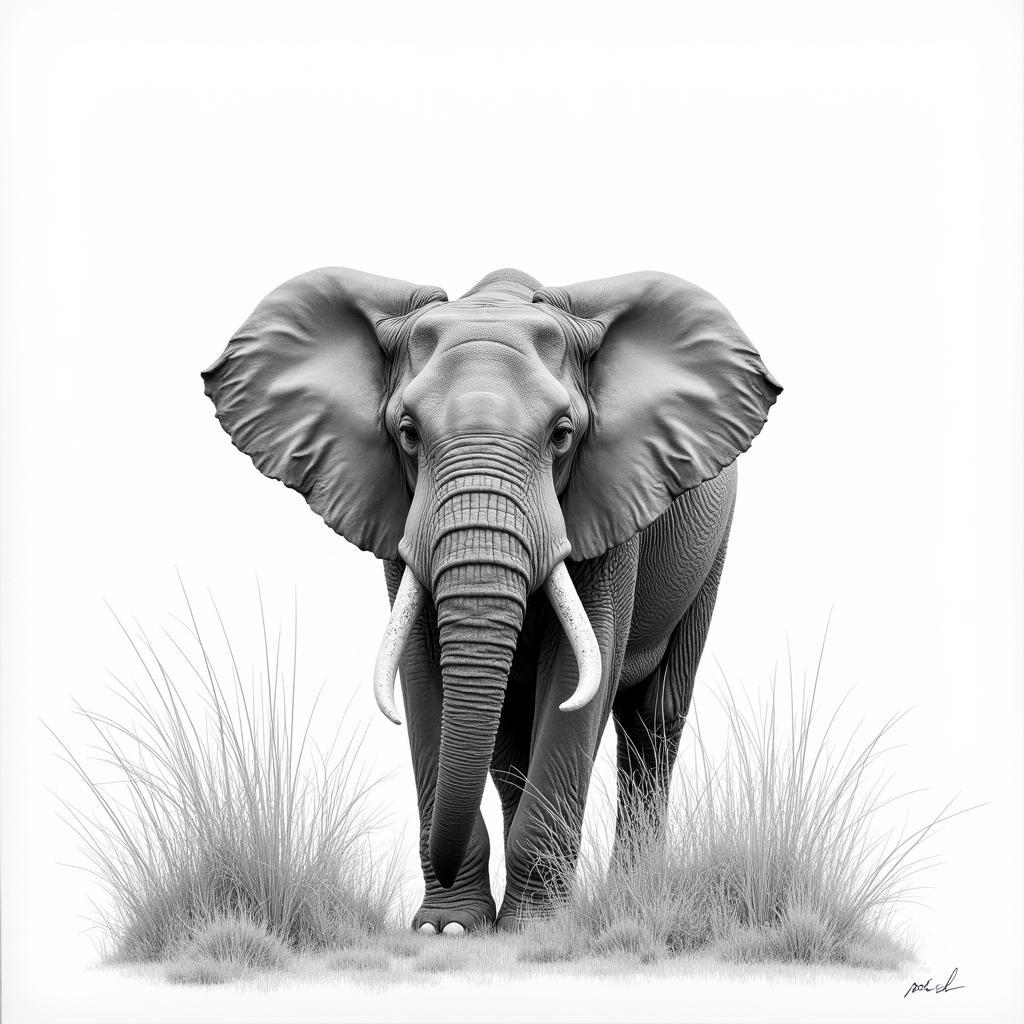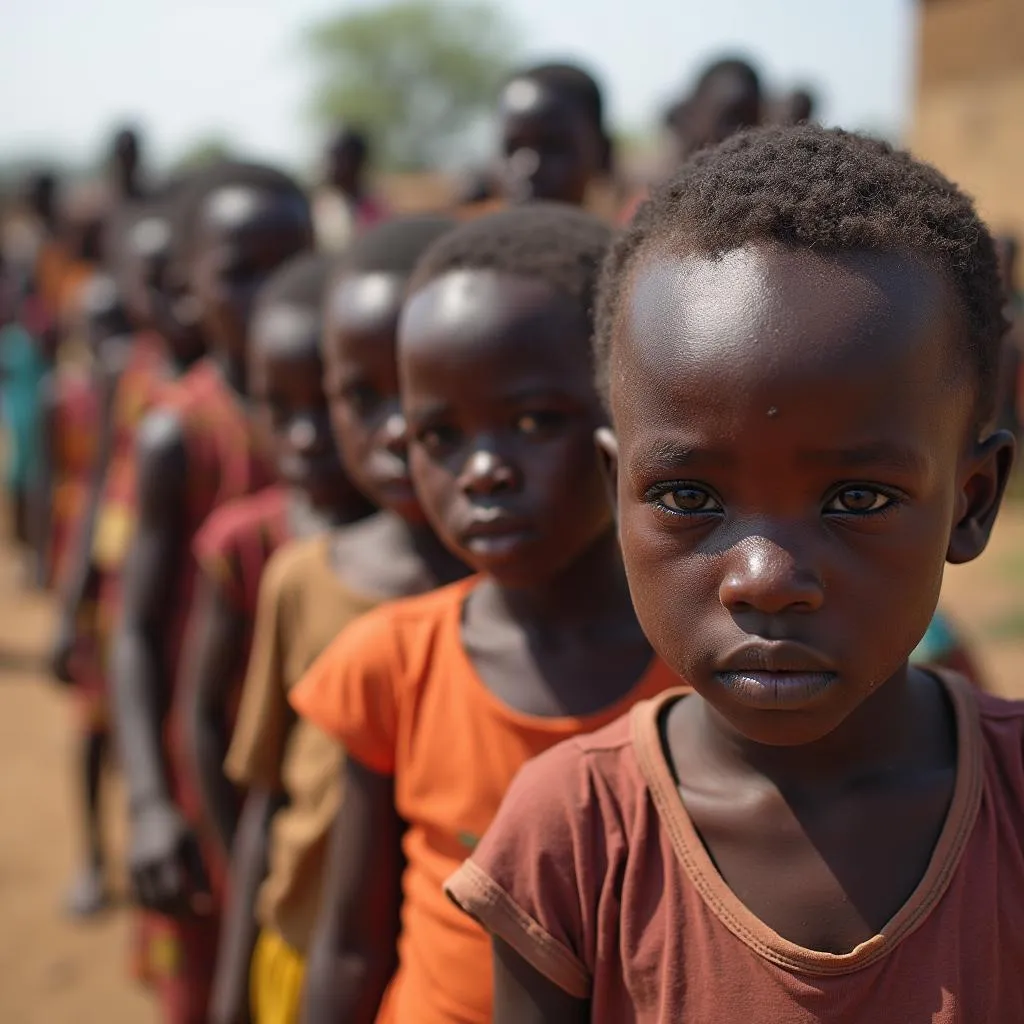Exploring Africa’s Great Lakes: The African Lakes List
Africa, a continent of vibrant cultures and breathtaking landscapes, is also home to some of the world’s most impressive lakes. This “African Lakes List” explores these magnificent bodies of water, delving into their geographical significance, biodiversity, and cultural importance.
Africa’s Great Lakes are not just beautiful; they are vital ecosystems supporting a rich array of life and providing essential resources for the surrounding communities. From the vast expanse of Lake Victoria, the largest lake in Africa, to the deep, mysterious depths of Lake Tanganyika, each lake holds unique characteristics and plays a crucial role in the continent’s ecological balance. Lake Malawi, renowned for its incredible diversity of cichlid fish, is a prime example of the unique biodiversity fostered by these aquatic environments. Just as impressive is Lake Turkana, known for its harsh, desert environment and unique wildlife. This list of African lakes will navigate you through these natural wonders, offering insights into their ecological importance and the challenges they face. After the introduction, we can talk about the electric catfish that inhabit some of these lakes. You can find out more about the African electric catfish.
The Largest African Lakes: A Closer Look
Let’s take a deep dive into the top three largest lakes on the African continent:
- Lake Victoria: Spanning across Tanzania, Uganda, and Kenya, Lake Victoria is the largest lake in Africa by surface area. It’s a vital source of freshwater for millions and supports a thriving fishing industry.
- Lake Tanganyika: The longest freshwater lake in the world and the second largest by volume, Lake Tanganyika is known for its remarkable depth and unique aquatic species. This lake is shared by Burundi, Tanzania, Zambia, and the Democratic Republic of Congo.
- Lake Malawi: Located between Malawi, Mozambique, and Tanzania, Lake Malawi boasts an exceptional diversity of fish, particularly cichlids, making it a hotspot for both scientists and aquarium enthusiasts. You can learn more about African dwarf cichlids species and other African cichlid varieties.
The Ecological Significance of African Lakes
African lakes play a crucial role in the continent’s ecosystems. They are essential sources of freshwater, supporting both human populations and a wide array of plant and animal life. These lakes contribute significantly to biodiversity, with many endemic species found nowhere else on Earth. Additionally, they regulate local climates and play a crucial role in the water cycle. If you’re interested in aquariums, you may find information about African cichlid gravel helpful.
The unique environments created by African lakes provide habitats for countless species. These lakes are not only home to a variety of fish but also support numerous bird species, amphibians, reptiles, and mammals. Their shores and surrounding areas often teem with life, creating rich ecosystems crucial for maintaining biodiversity.
Dr. Amina Diallo, a renowned limnologist specializing in African freshwater ecosystems, emphasizes this point, saying, “The biodiversity of African lakes is unparalleled. They are living laboratories, essential for understanding the delicate balance of life on our planet.”
Challenges Facing African Lakes
Despite their importance, African lakes are facing increasing threats. Pollution from industrial and agricultural runoff, overfishing, and climate change pose significant challenges to the health of these vital ecosystems. Sustainable management practices and international cooperation are crucial to ensure the long-term preservation of these precious resources.
Professor Joseph Nkosi, an environmental scientist from the University of Nairobi, states, “The health of African lakes is intrinsically linked to the wellbeing of the surrounding communities. Protecting these lakes is not just an environmental issue; it’s a human issue.” The increasing demand for water and resources further intensifies the pressure on these fragile environments.
Beyond the Big Three: Other Notable African Lakes
While the Great Lakes dominate the conversation, numerous other lakes contribute to Africa’s rich tapestry of landscapes. Lake Turkana in Kenya, Lake Albert, Lake Kivu, and Lake Chad are just a few examples of these other remarkable bodies of water, each with its unique characteristics and ecological significance. Lake Turkana, for example, is known as the “Jade Sea” for its striking turquoise color, while Lake Chad has shrunk dramatically due to climate change and human activities, highlighting the vulnerability of these water resources. Did you know that some of these lakes are also home to a variety of fascinating creatures, including the African electric catfish? You can explore a fascinating list of African animals names here.
“Each lake, regardless of size, plays a vital role in the overall ecological balance of the continent,” explains Dr. Fatima Hassan, a conservationist focused on African aquatic ecosystems. “Their preservation requires a holistic approach that considers both the local and global factors influencing their health.”
Conclusion
The “African lakes list” reveals a world of wonder and ecological significance. These lakes are not merely geographical features; they are the lifeblood of the continent, supporting diverse ecosystems and providing essential resources for human populations. Their preservation is crucial for the future of Africa and requires concerted efforts to address the challenges they face. From the bustling shores of Lake Victoria to the remote beauty of Lake Turkana, each lake holds a unique place in the story of Africa.
FAQ
- What is the largest lake in Africa? Lake Victoria
- Which African lake is known for its incredible cichlid diversity? Lake Malawi
- What are some of the threats facing African lakes? Pollution, overfishing, and climate change
- Why is Lake Turkana called the “Jade Sea”? Because of its turquoise color
- Which countries share Lake Tanganyika? Burundi, Tanzania, Zambia, and the Democratic Republic of Congo
- Why are African lakes important? Biodiversity, freshwater resources, and climate regulation
- What is the longest freshwater lake in the world? Lake Tanganyika
Scenarios
- Scenario 1: You are planning a trip to Africa and want to visit a lake known for its biodiversity. Lake Malawi is a great option for viewing diverse fish species.
- Scenario 2: You are researching the impact of climate change on African lakes. Lake Chad is a prime example of a lake significantly impacted by climate change.
- Scenario 3: You are interested in learning about the different types of fish found in African lakes. Research Lake Tanganyika and Lake Malawi for information on cichlids and other unique species.
Further Exploration
For further information, explore related articles on African geography, wildlife conservation, and environmental issues affecting the continent.
Need support? Contact us 24/7:
- Phone: +255768904061
- Email: [email protected]
- Address: Mbarali DC Mawindi, Kangaga, Tanzania.





